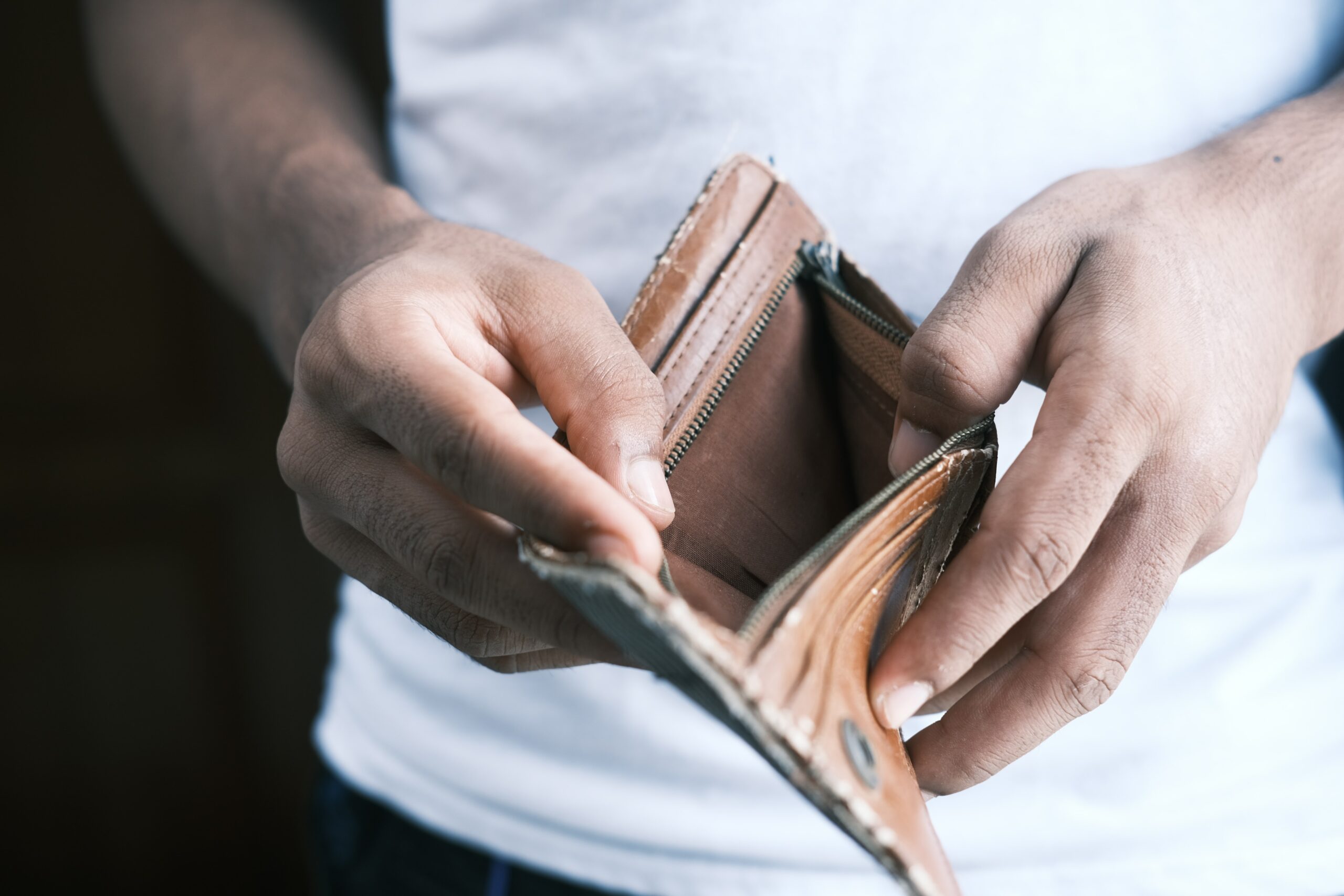
Feeling guilty about spending money? This could be why
How many times have you bought something, either planned or spontaneously, but felt extremely guilty or frustrated after? Do not worry, this feeling is super common.
But instead of feeling ashamed, the most important thing is to explore those feelings of guilt and frustration and try to understand why we feel that way. The more we understand ourselves and our behaviours, the better equipped we are to go out into the world.
There are so many reasons why you might feel guilty about spending money:
- lack of planning or unrealistic budget,
- your money mindset or experiences in your childhood, or
- feelings of unworthiness around spending money on ourselves – to name a few.
There are so many individualistic reasons why you might feel this way but let’s explore the practical side of planning your money and what happens if you create an unrealistic budget and the solution to help you start to enjoy your money.
“I set myself a budget each month and put money aside in my savings but always find myself having to dip in to them”
Does this sound like you?
When we create a spending plan for the month ahead, it can be easy to accidentally make a plan that is completely unrealistic.
Whilst you might have the intention to save 50% of your paycheck, in reality, it’s a real struggle to live off of so little for the rest of the month after your bills are paid.
A budget that is too restrictive can cause feelings of guilt and stress around spending any money, so creating a plan that is flexible and doable will set you up for success and allow you to actually enjoy your money.
Spending money is not the problem, restriction could be your problem. Here’s why:
There is a concept out there called ‘No Spend Months’ whereby you save a really high proportion of your paycheck to save large sums and you try your best to spend on nothing except bills and essentials.
This is great in theory but creates a feast-and-famine attitude towards your money and you run the risk of ‘spend binging’ and then feeling guilty for going outside your restrictive budget, only making you feel awful.
Imagine one of those fad diets where you have to cut out all carbs. It works for a few weeks until you are so weak and irritable that you ‘break’ and spend the whole day in carb-city, gorging on chips, bread, and crisps. An unrealistic budget can lead you to the same impulsive behaviour causing feelings of guilt after an unplanned spending-session.
And in this scenario, the carbs are NOT the problem; the restriction is the problem. The same goes for your money; spending money is not a problem, but the restrictive budget can make you feel that way!
So how can you stop feeling guilty about spending?
1. Be honest with yourself and your situation
You have to be completely real with yourself about how much you can save and how much you need to spend for the month.
Whilst it can be frustrating when you have a big savings goal to hit, or you feel like you are making no financial progress, saving money and then leaving yourself short for the month is a quick way to impact your relationship with money and embed poor money habits.
Saving is important but you are far better off building it up slowly over time by putting smaller amounts in there.
2. Understand your spending habits
Getting to know your own spending habits is key because you can start to build up a picture of how much you need in different areas of your life.
Perhaps you are someone who loves food so naturally throughout the month and spends lots on eating out and groceries. If you leave yourself with too little in this category, assuming you can just stop this behaviour, you are setting yourself up for a loss.
It is absolutely doable to give yourself a target to try and spend less in this area and make an attempt to not spend so much on food, but this involves you practicing mindful spending and making conscious choices that align with this want.
The more you know your own spending habits, the more informed choices you can make with your spending plan helping you to enjoy the money you do allocate for spending in the month.
3. Keep your plan simple
If your budget is unrealistic or overcomplicated, we might end up ignoring it. Creating it at the start of the month then never looking at it again…
But this creates feelings of fear around spending because we are not tracking our money and we run the risk of spending money that is meant for bills or financial responsibilities.
The solution to this is to keep it simple. Focus on having enough to cover your bills and putting some aside towards financial goals, and then the rest is there to be enjoyed. And to make it easy, try using a spending account for the rest of your monthly spending.
Separate from your bills account, you can use this spending account for your remaining money for the month. You can spend on this card with the peace of mind that all of your bills are covered.


